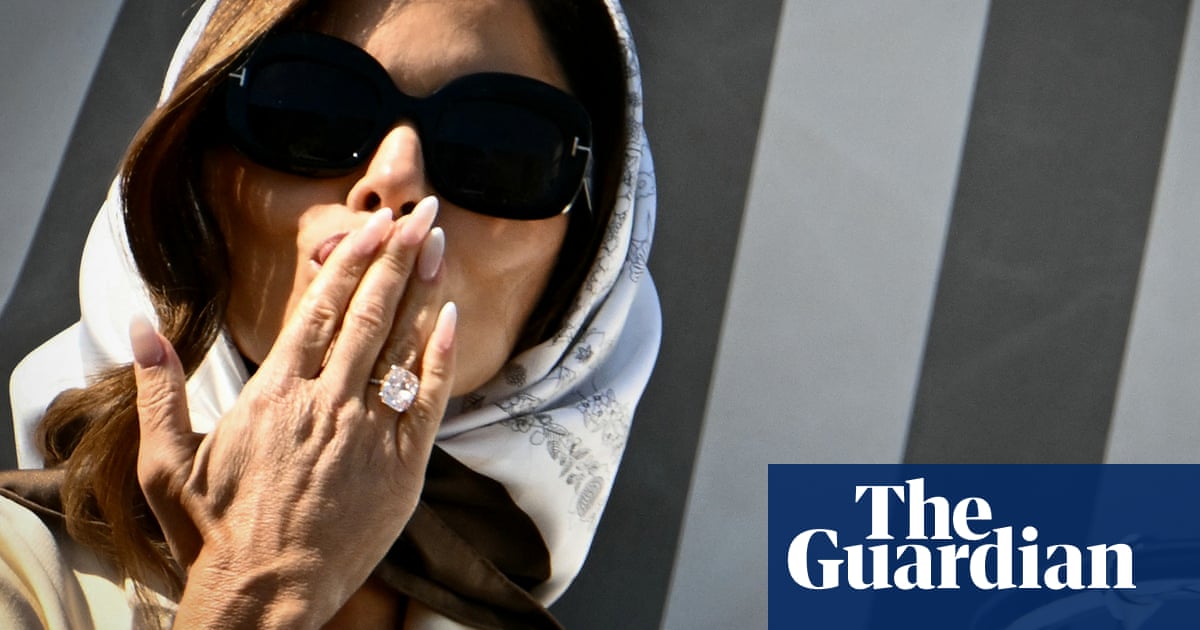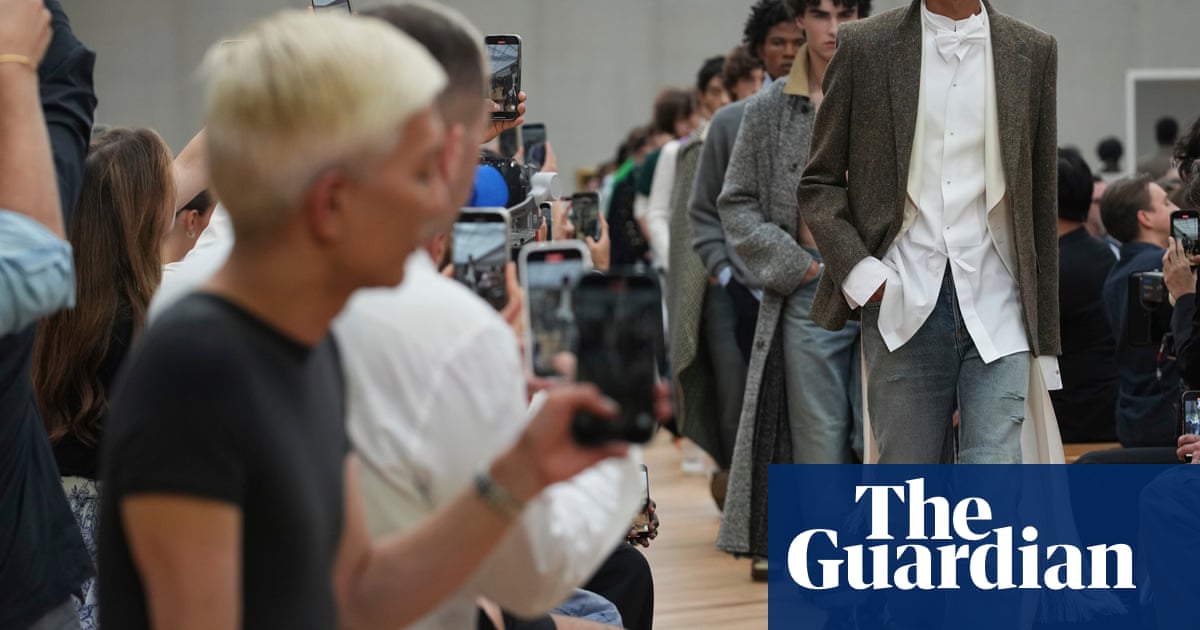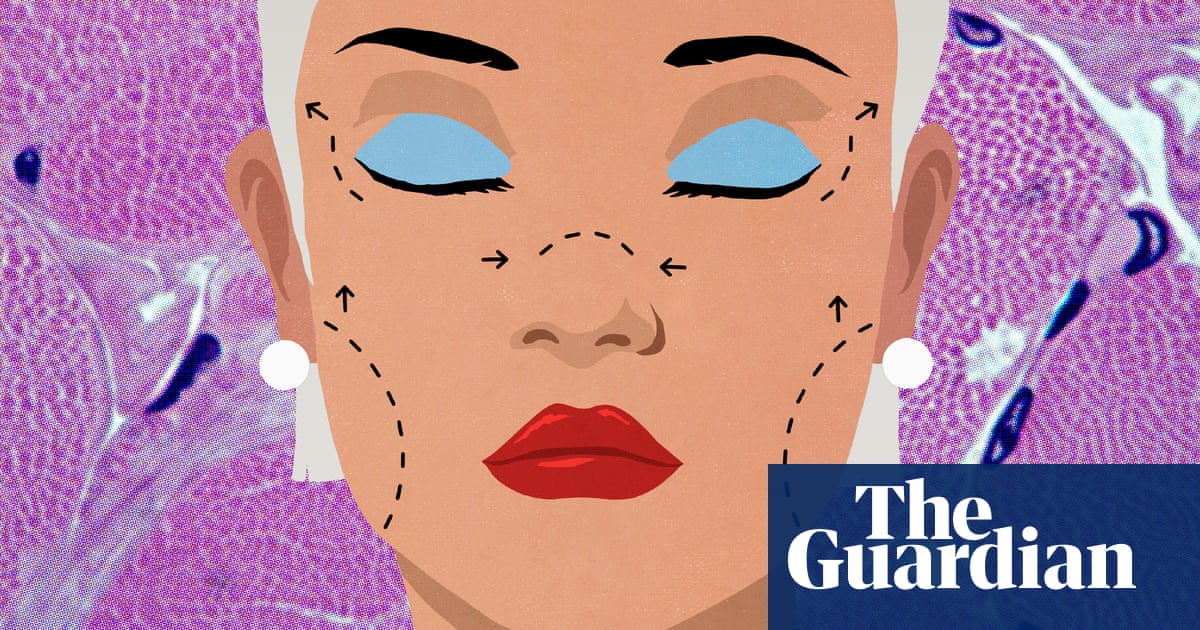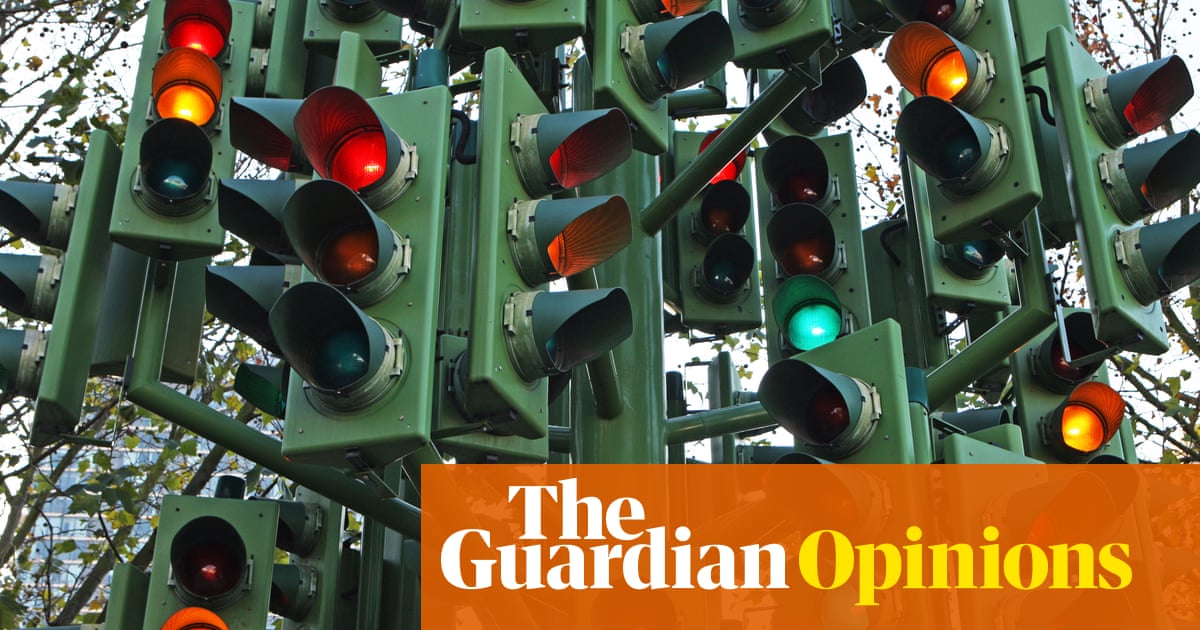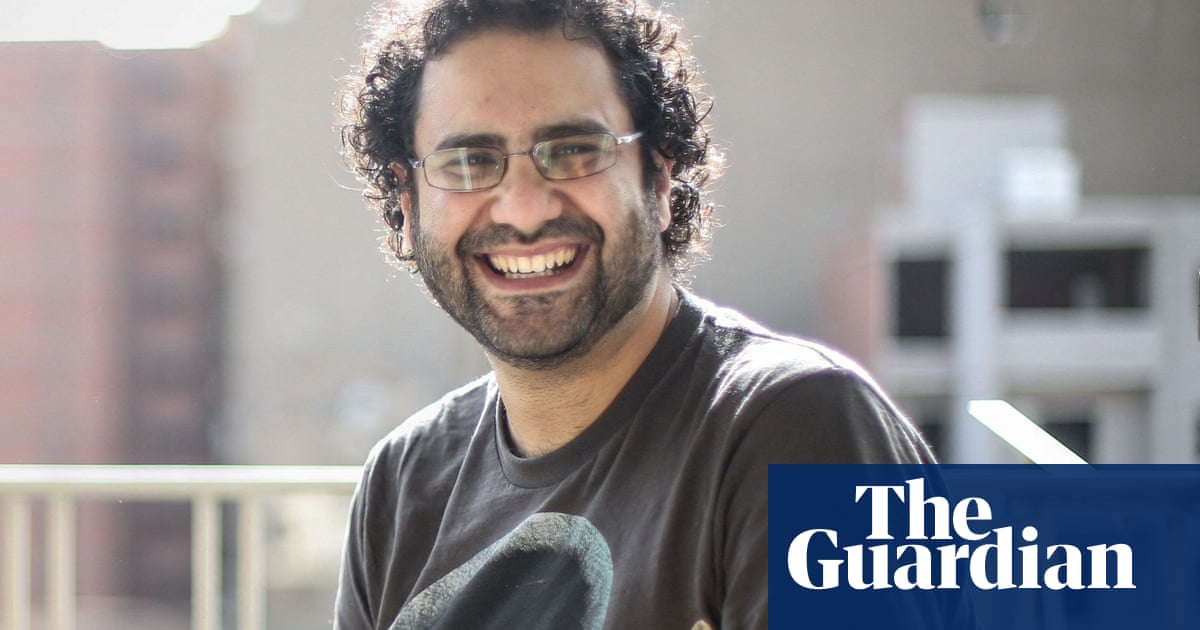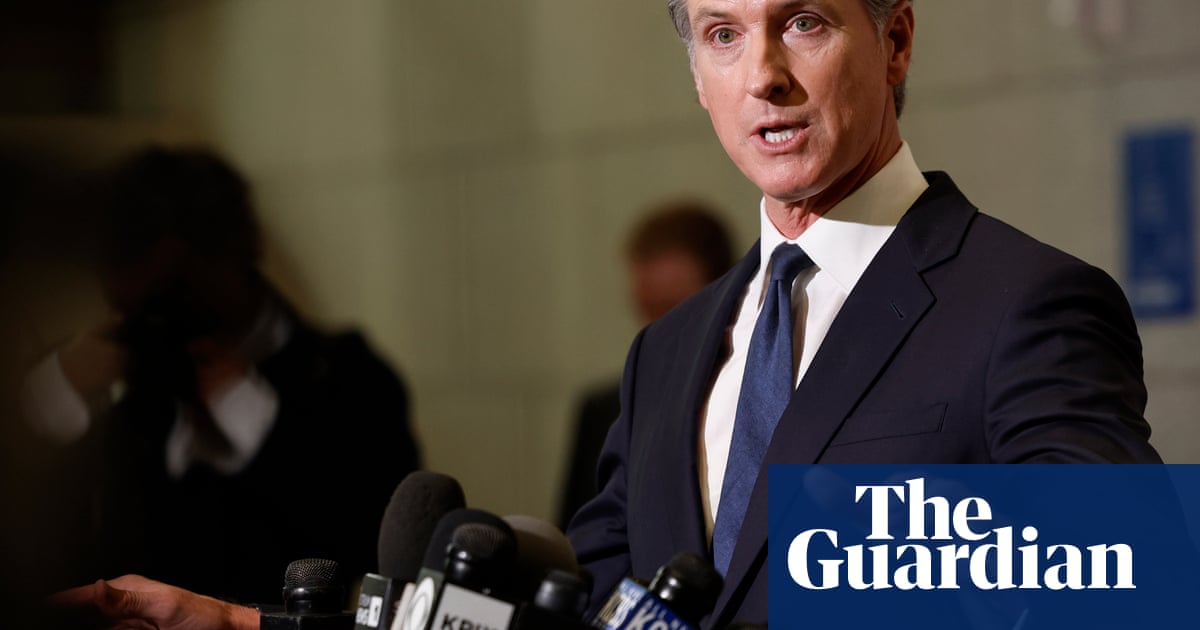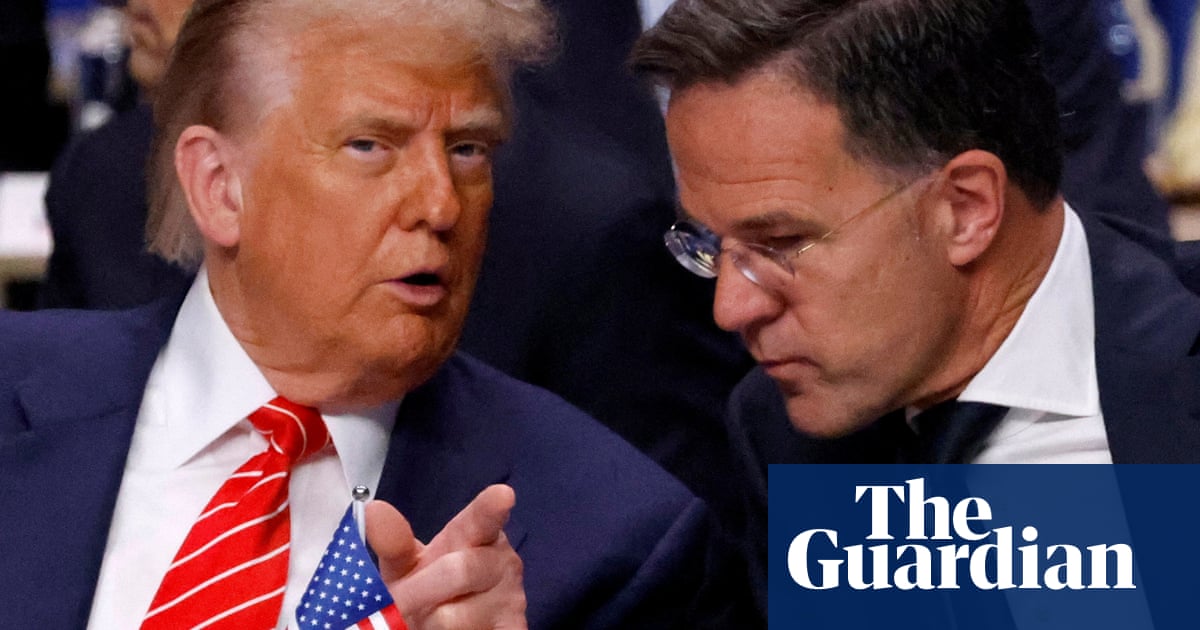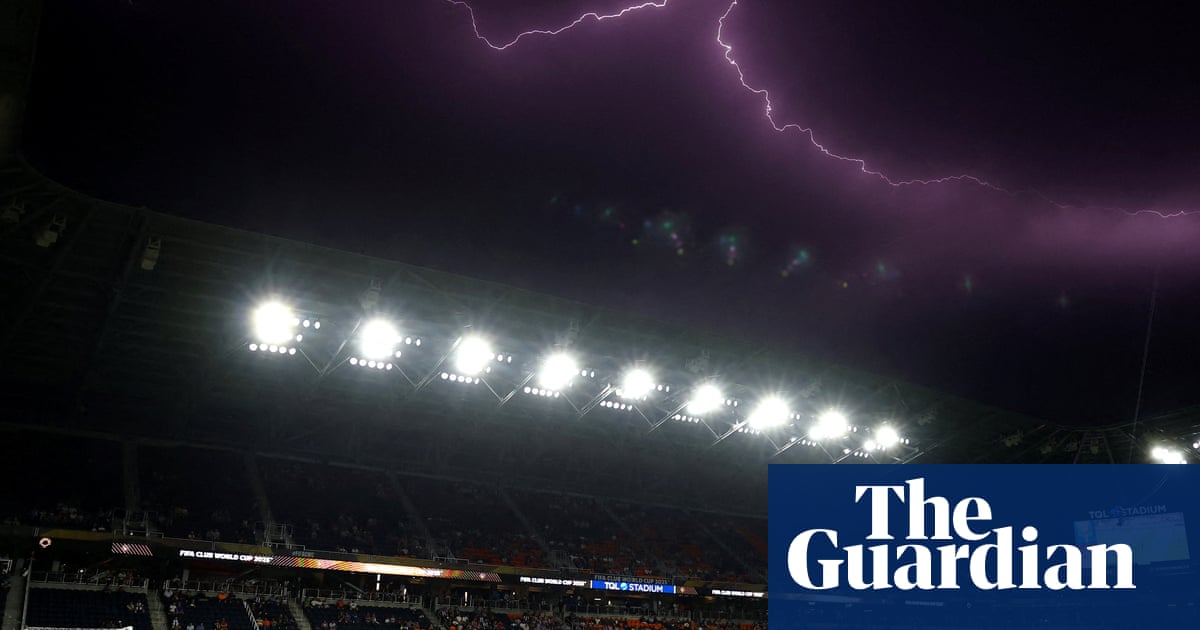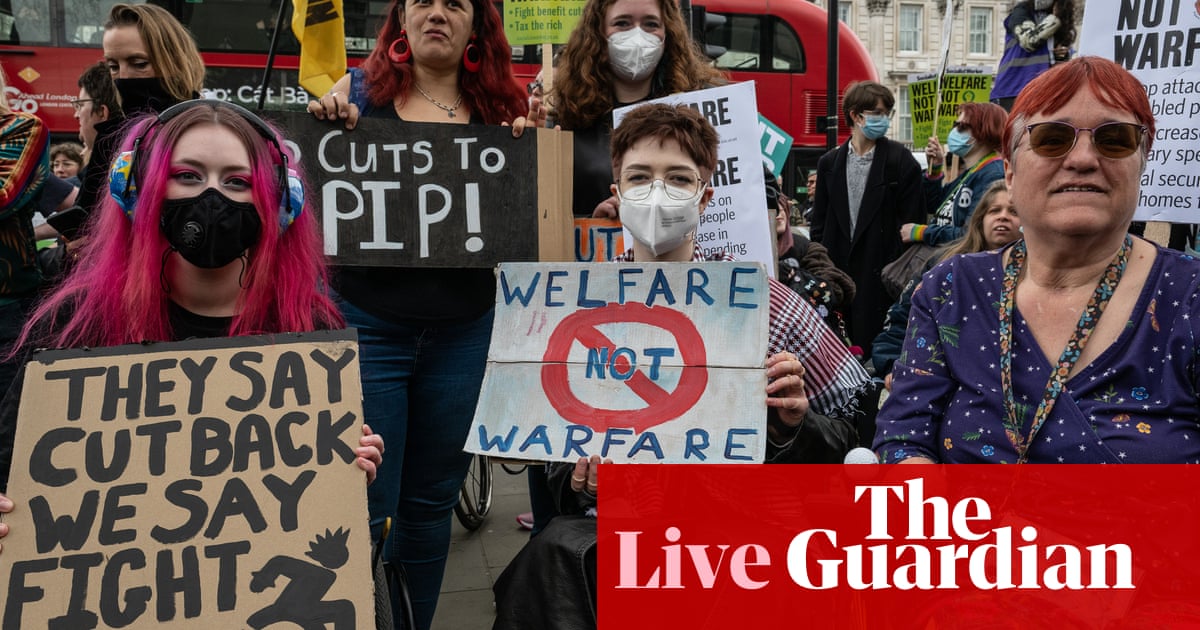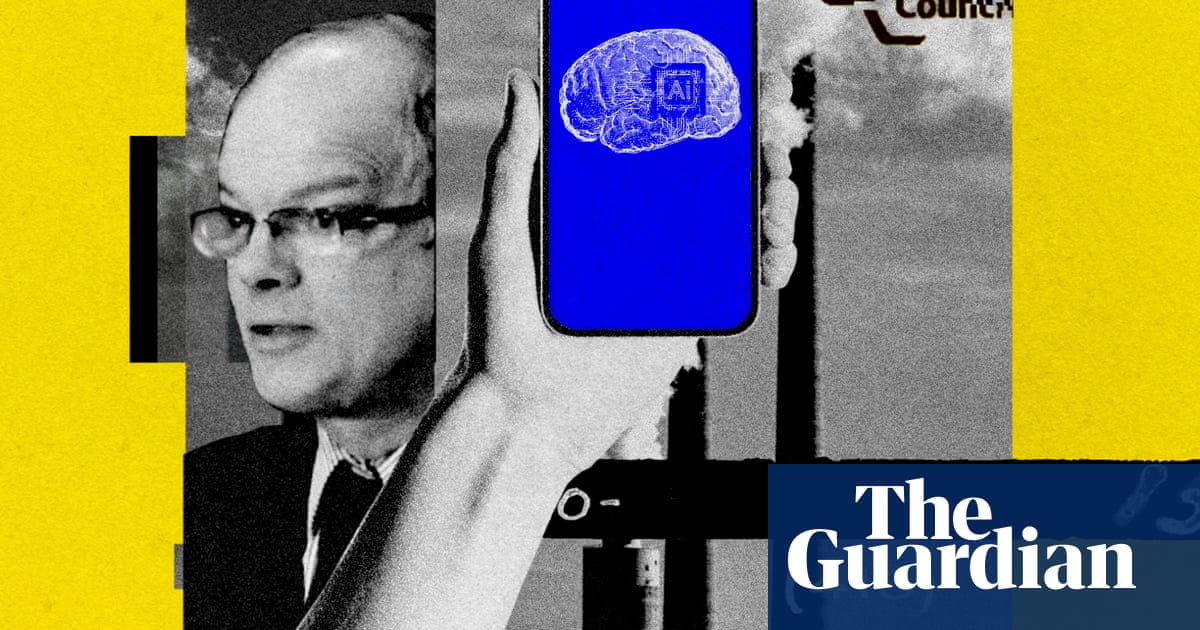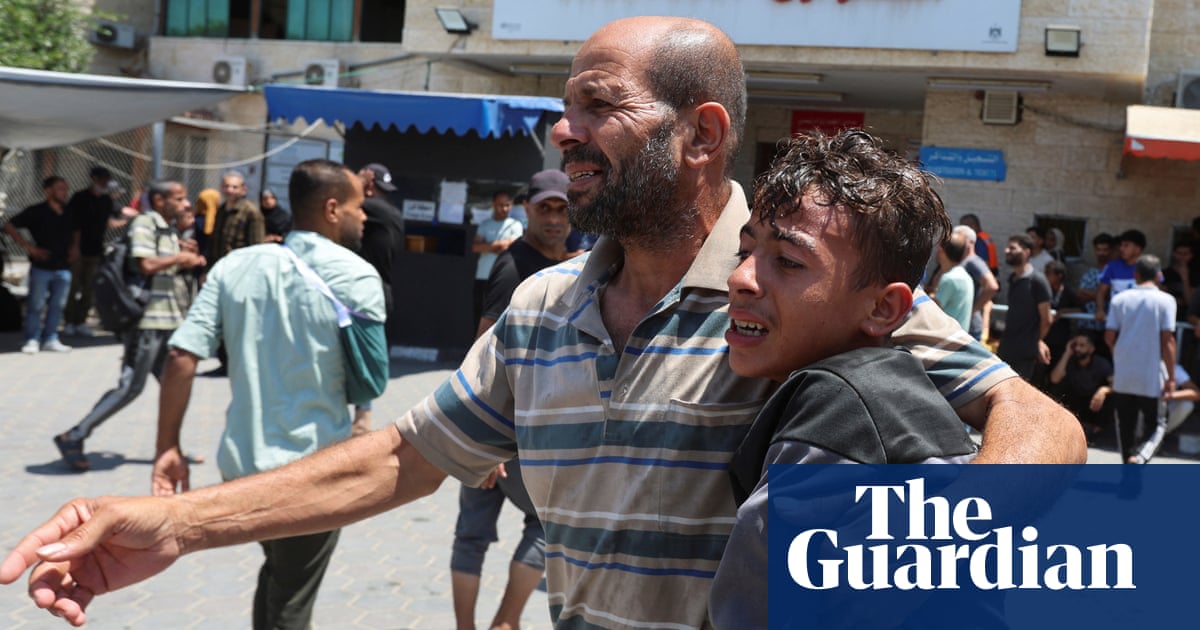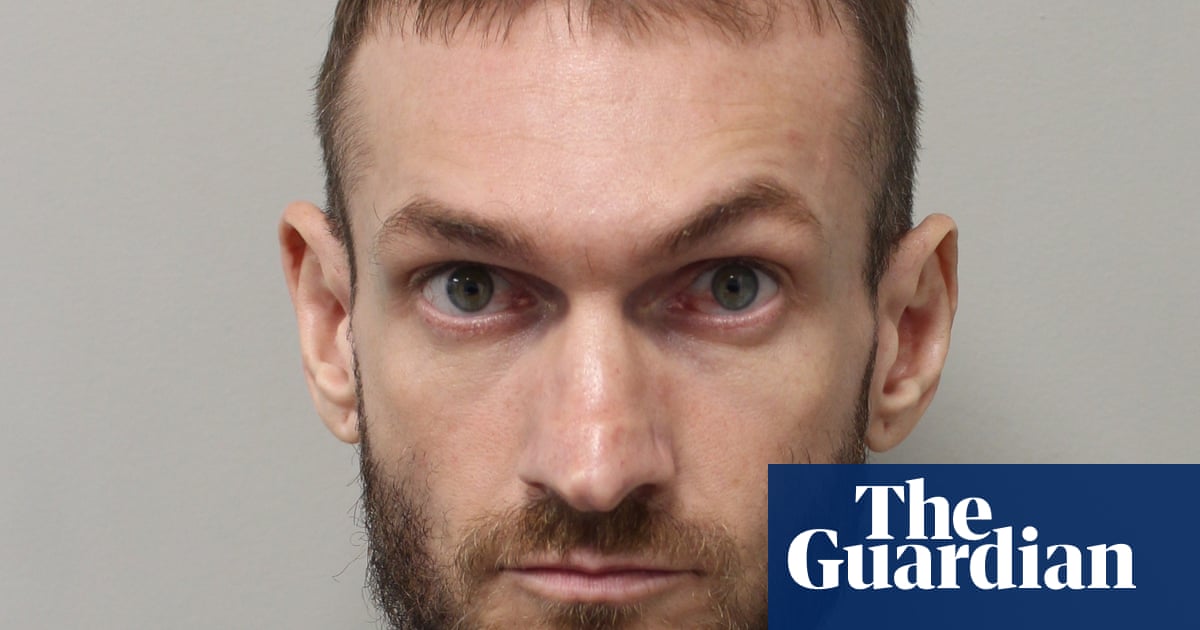A top Chinese general has been dismissed from the body that oversees the Chinese military in the latest sign that Xi Jinping’s anti-corruption drive has reached the highest echelons of the armed forces.
Miao Hua, a senior admiral from the People’s Liberation Army (PLA) navy, was the director of the political work department of the central military commission (CMC), making him responsible for ideology and loyalty within the armed forces. The six-person CMC is one of the most powerful institutions in China and is headed by Xi himself.
On Friday, a statement from the Chinese government confirmed that Miao had been dismissed. He was suspended last year and placed under investigation for “serious violations of discipline”, a byword for corruption. He was expelled from the National People’s Congress, China’s parliament, in April.
The dismissal makes Miao one of the highest-ranking CMC officials to be purged since the 1960s, and the latest in a rush of senior military figures targeted.
He Weidong, a vice-chair of the CMC, is also reported to be under investigation.
The CMC is the governing body of the PLA, and oversees China’s coastguard. Xi is the chair of the CMC, as well as being the leader of China’s ruling Communist party (CCP) and the president.
Miao’s dismissal reflects the latest ructions in China’s armed forces. Beijing is keen to present an image of strength and stability on the world stage. The purges risk disrupting that image, although at a time when global attention is focused on wars in the Middle East and Ukraine, senior personnel changes in China’s military may garner less attention.
US-China military dialogue, seen as essential for avoiding accidental conflicts, particularly in the Taiwan strait, have been limited under the presidency of Donald Trump, who has also fired several senior military officials. US military representatives travelled to Shanghai for talks in April, but there have been no public signs of high-ranking meetings.
The US and Chinese defence ministers sometimes meet at the Shangri-la Dialogue, an annual defence forum which was held in Singapore last month. But this year China only sent a small, lower-ranking delegation.
In the past two years, Xi has dismissed two defence ministers, Li Shangfu and Wei Fenghe; two heads of the PLA’s rocket force, which is responsible for missiles and the nuclear arsenal, and two senior CMC officials. Senior aerospace and defence business leaders have also been removed from a CCP advisory body.
Many of the recent oustings appear to be related to an investigation into corruption in military procurement. Li, who was dismissed as defence minister in 2023 and expelled from the CCP last year, previously led the equipment procurement department. Several of his associates from the military and the equipment procurement department were also purged.
Miao is the eighth member of the CMC to be ousted since Xi took power in 2012. The expulsion of CMC members was previously unheard of since the era of Mao Zedong.
Xi took power with a promise to root out corruption in China, vowing to come after both the “tigers and the flies”. Since then, millions of officials have been investigated, and hundreds of thousands reportedly penalised, including high-profile people being expelled or prosecuted.
Having now ruled for more than a decade, however, many of the senior figures coming into the crosshairs of anti-corruption campaigns are people, such as Miao and Li, who Xi had personally appointed, raising questions about his ability to vet important appointments.
One of the most high-profile of Xi’s picks to fall was the former foreign minister Qin Gang. Qin disappeared from public view in June 2023, drawing global attention as one of China’s most public-facing officials. Speculation that he was under investigation ran rampant until October when Beijing announced he had been removed from his post. No reason was given.

 5 hours ago
2
5 hours ago
2
